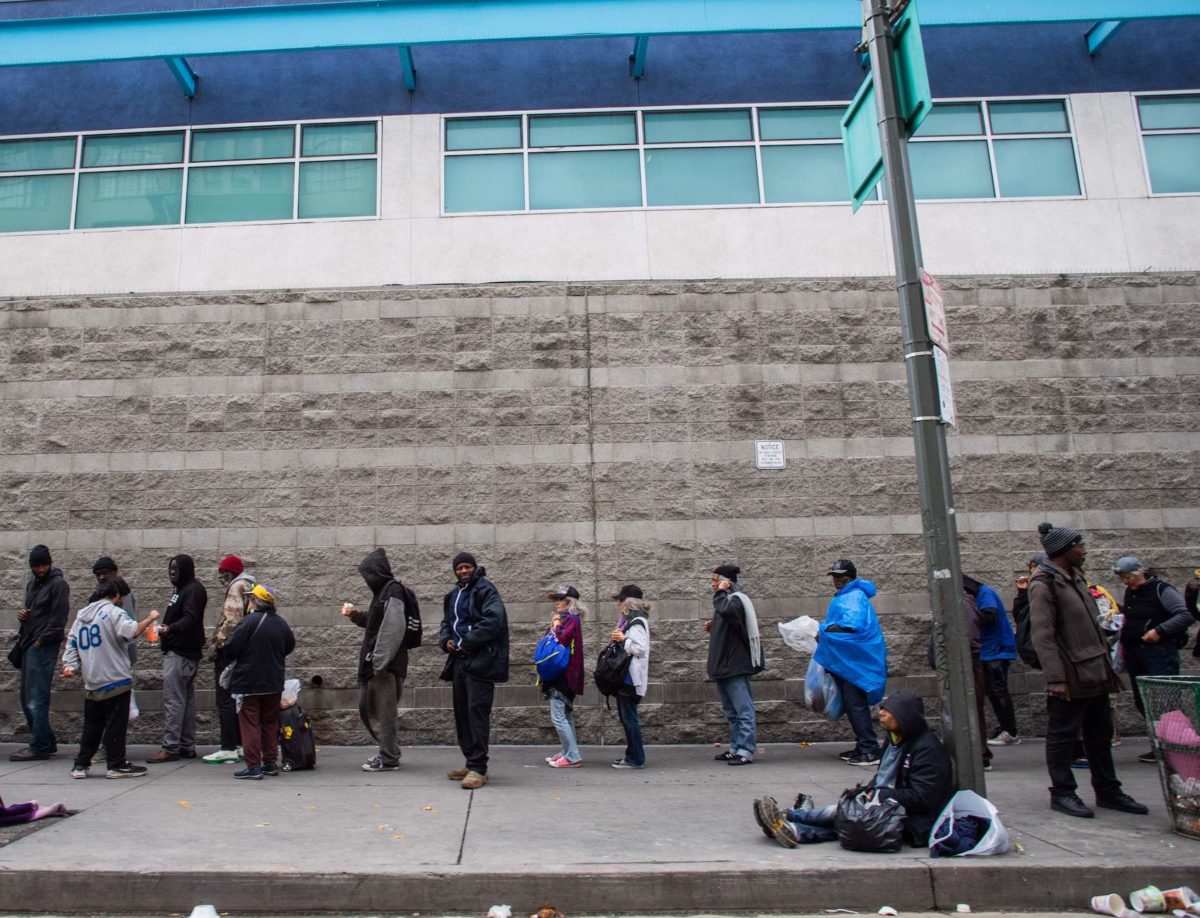
Congress Failed to Make Cash Assistance Universal. Now Local Governments Must Step Up
There’s still a chance to make sure some of the most vulnerable people can benefit from the federal stimulus bill.

There’s still a chance to make sure some of the most vulnerable people can benefit from the federal stimulus bill.

Prosecutors say Walter Ogrod is ‘likely innocent’ of the charges that sent him to prison in 1996. Now, his attorney says, ‘every day a decision and/or hearing is delayed is another day that Mr. Ogrod’s health is at grave risk.’

The 10th Circuit Court of Appeals ruled that Seifullah Chapman’s Eighth Amendment Rights were violated by federal prison staff who were indifferent to his medical needs.
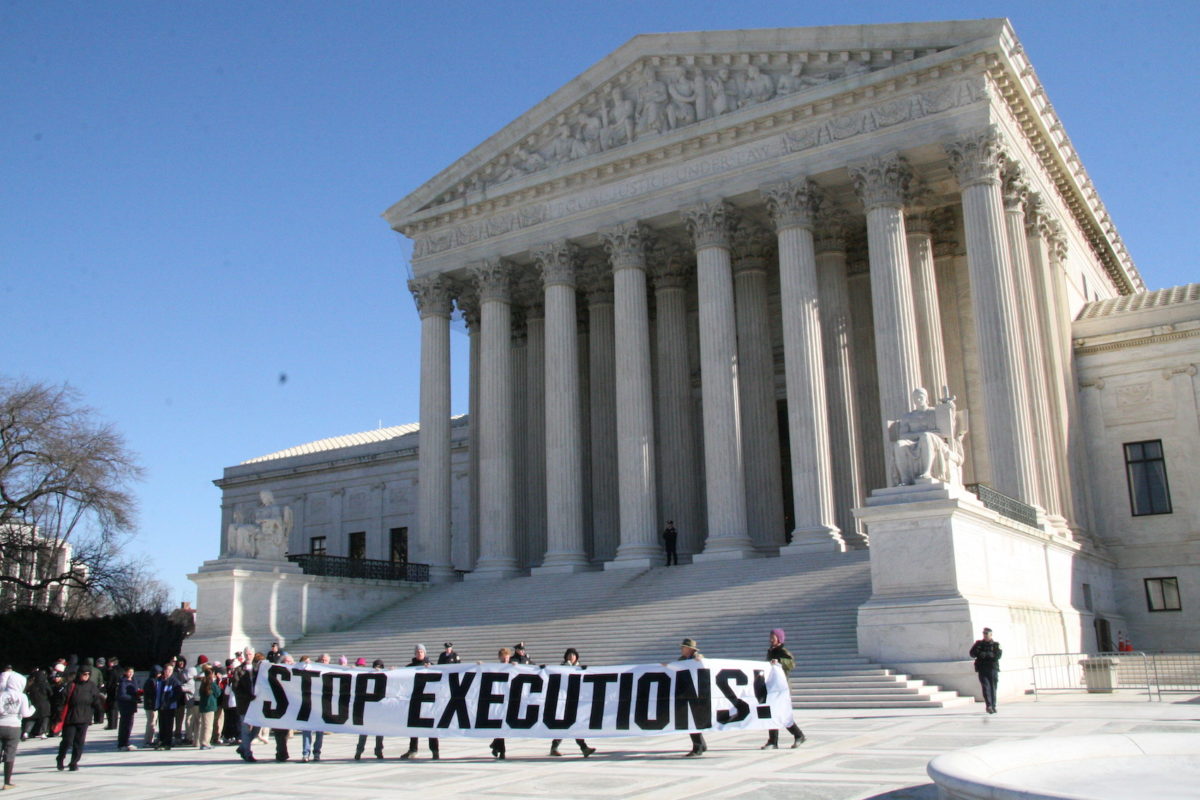
Josie Duffy Rice and guest co-host Darnell Moore focus on the death penalty as they talk with State Attorney Aramis Ayala of the Ninth Judicial Circuit Court of Florida.

John Hummel was scheduled to be executed on Wednesday. The court, citing the current health crisis, has postponed the execution for 60 days.

With few exceptions, news outlets in Harris County, Texas, spotlight singular instances of crime to allege that legal reform policy is a threat to the public.
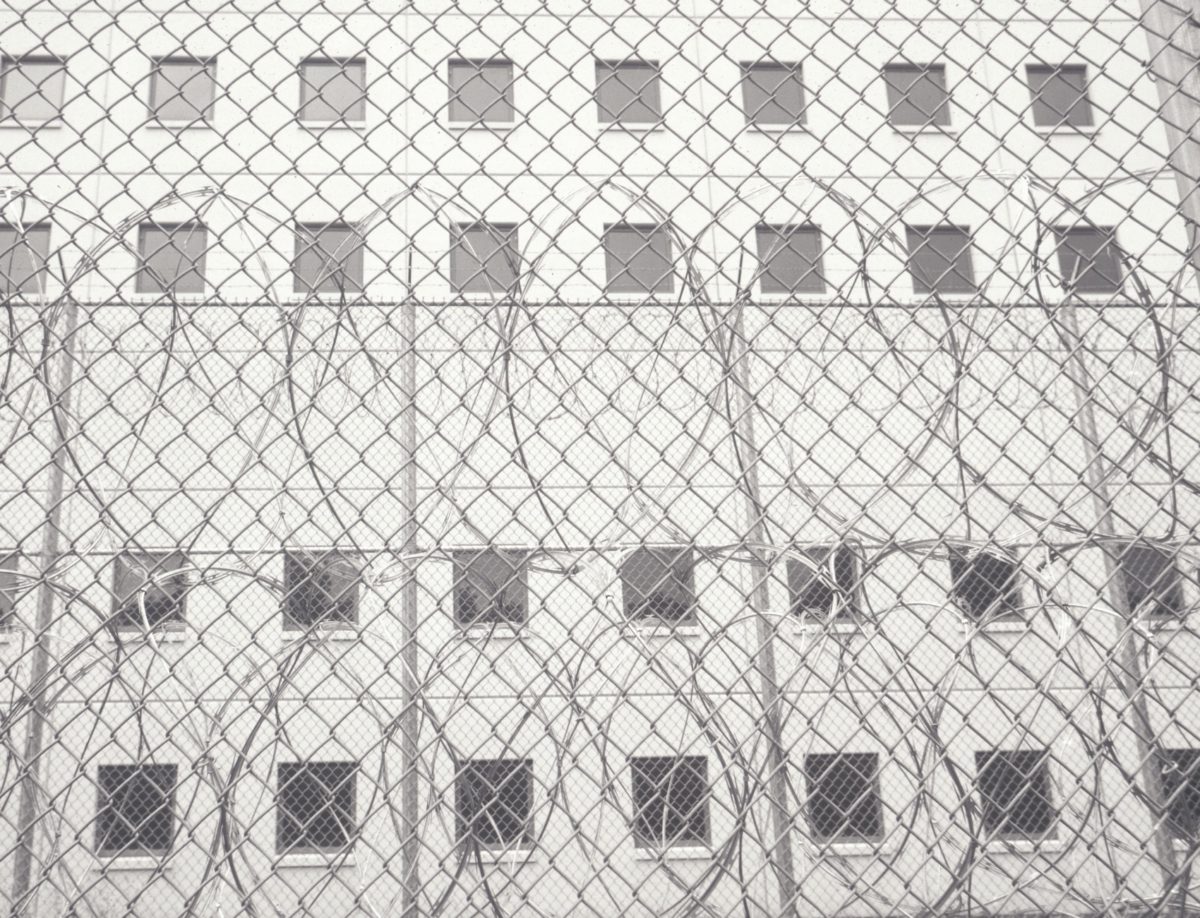
Local jails are notorious amplifiers of infectious diseases. If we don’t move quickly to reduce their population, it may undermine our ability to control the new coronavirus, nationally and locally.
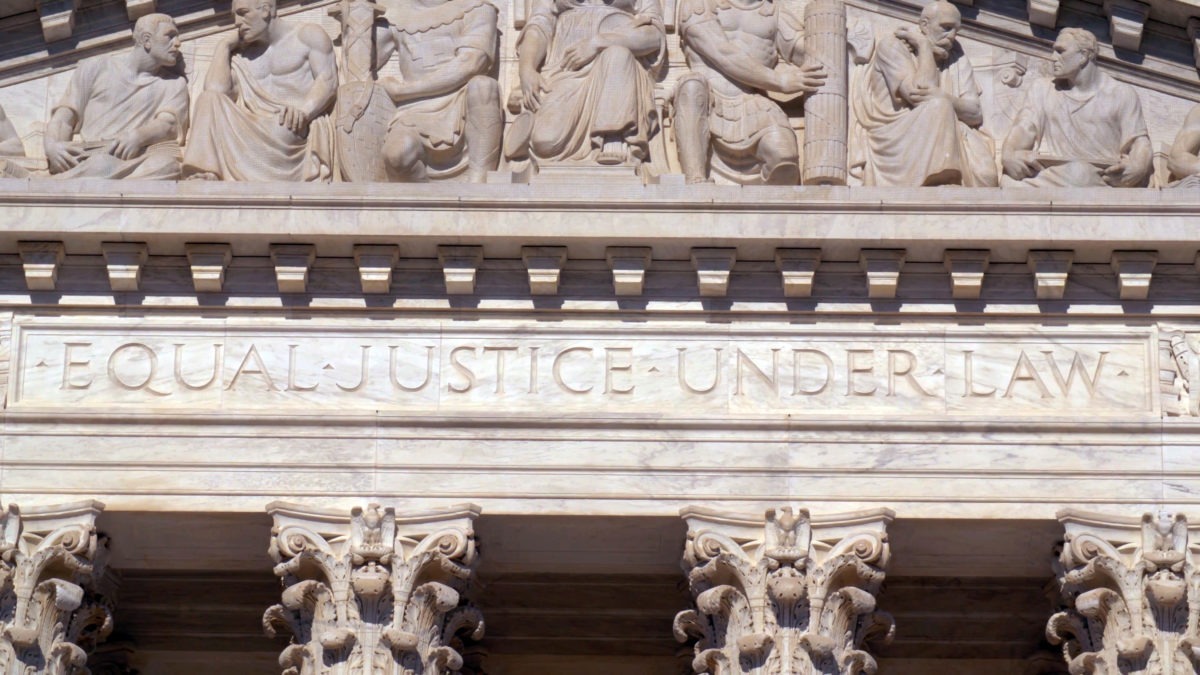
The heads of the Montgomery County public defender office were fired two weeks ago after filing an amicus brief about the use of pretrial detention and money bail against their clients
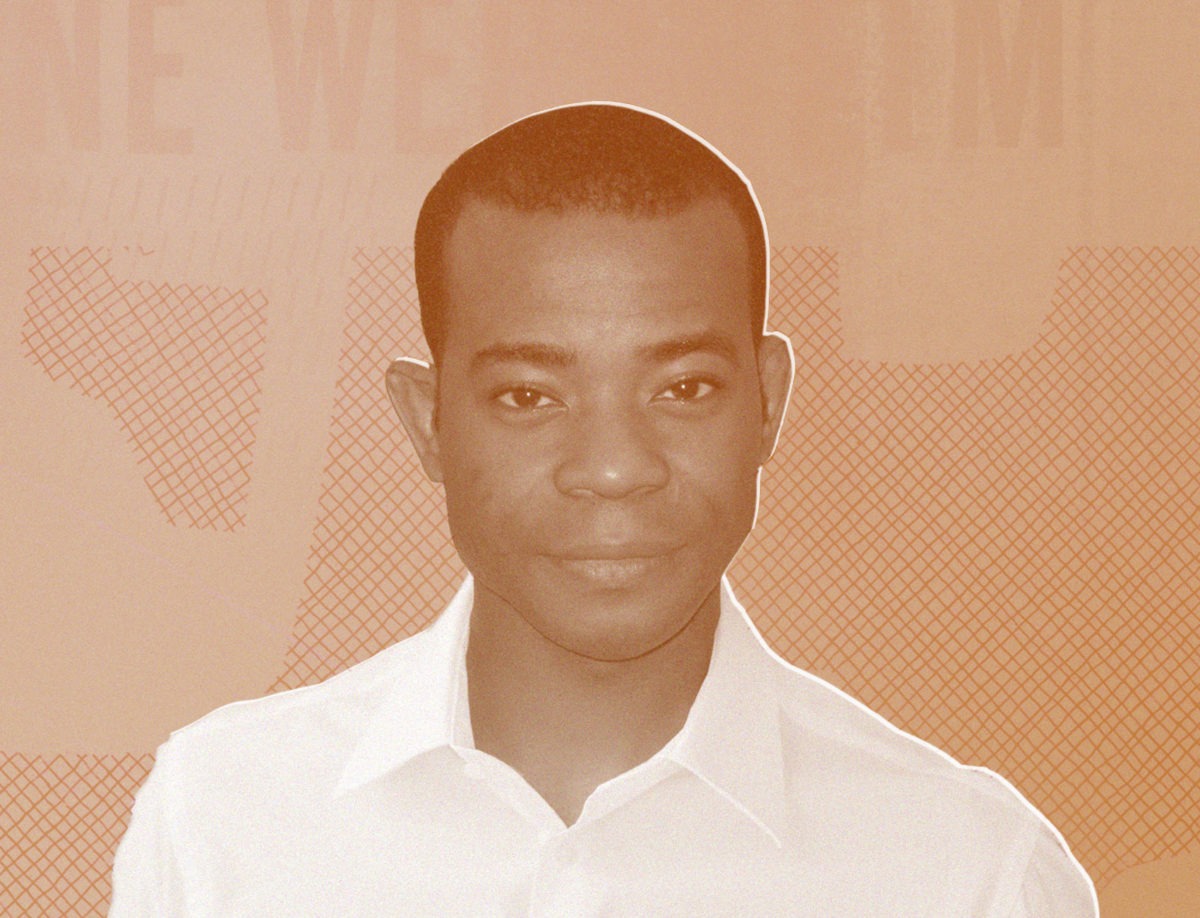
‘I think everyone involved— the governor, the attorney general, the DOC commissioner—everyone knew it,’ his lawyer said.
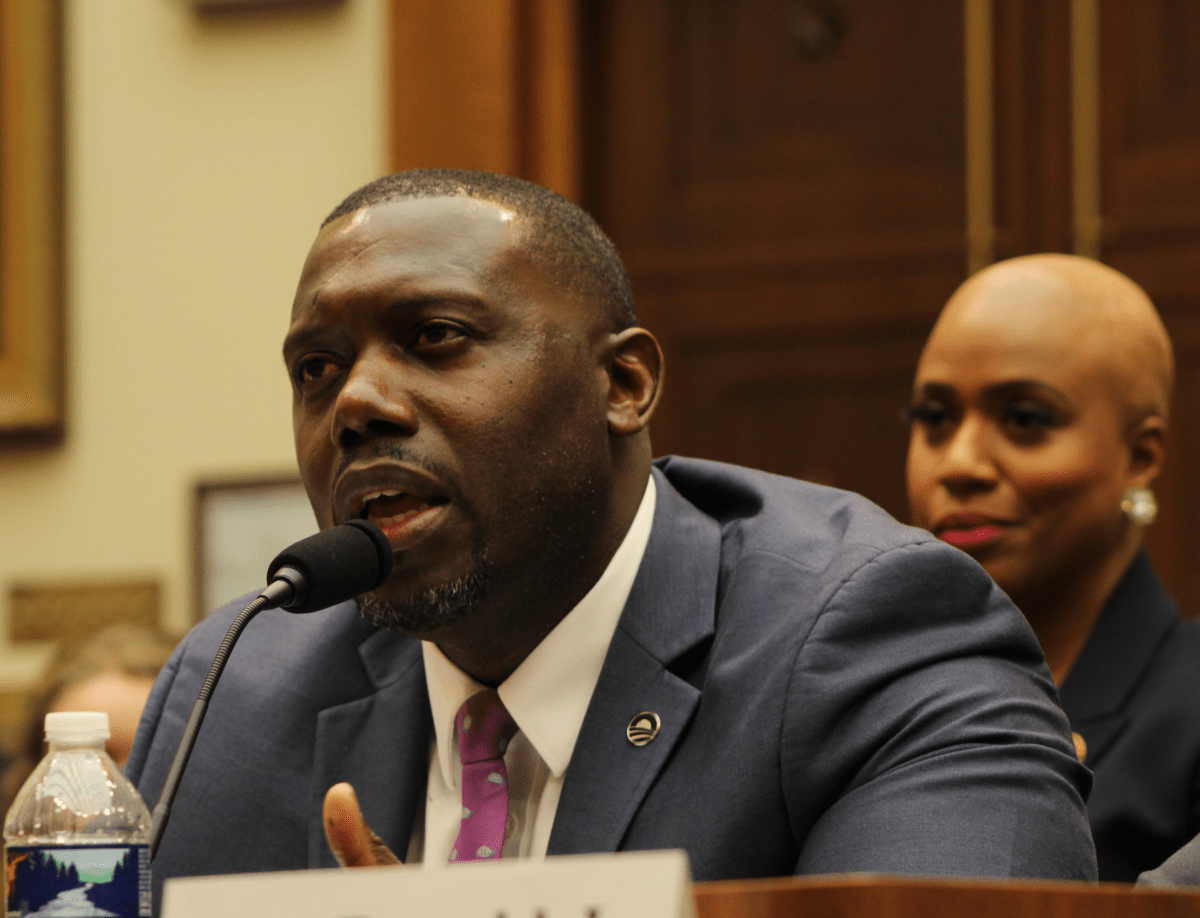
The U.S. representative said her husband helped her realize that when one person is incarcerated, many more are affected.
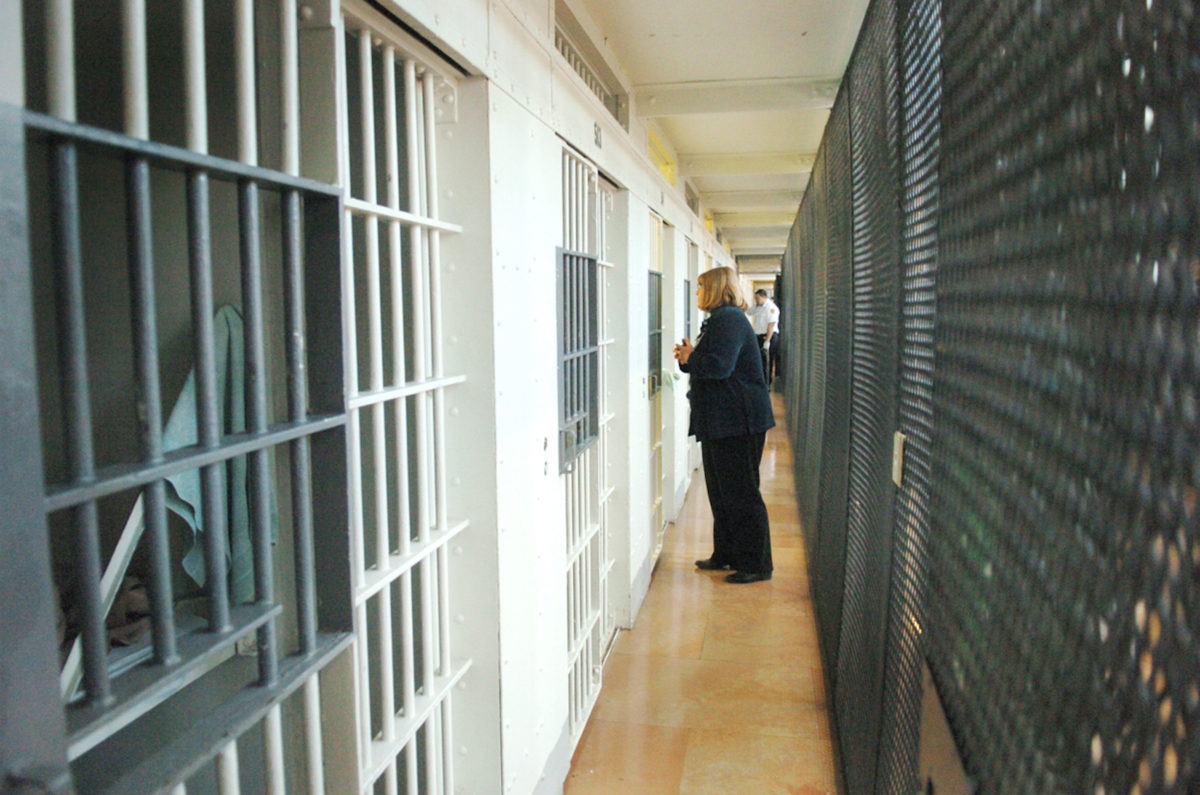
Josie Duffy Rice and guest host Donovan X. Ramsey talk with LaTonya Tate, executive director and founder of the Alabama Justice Initiative, about probation and parole.
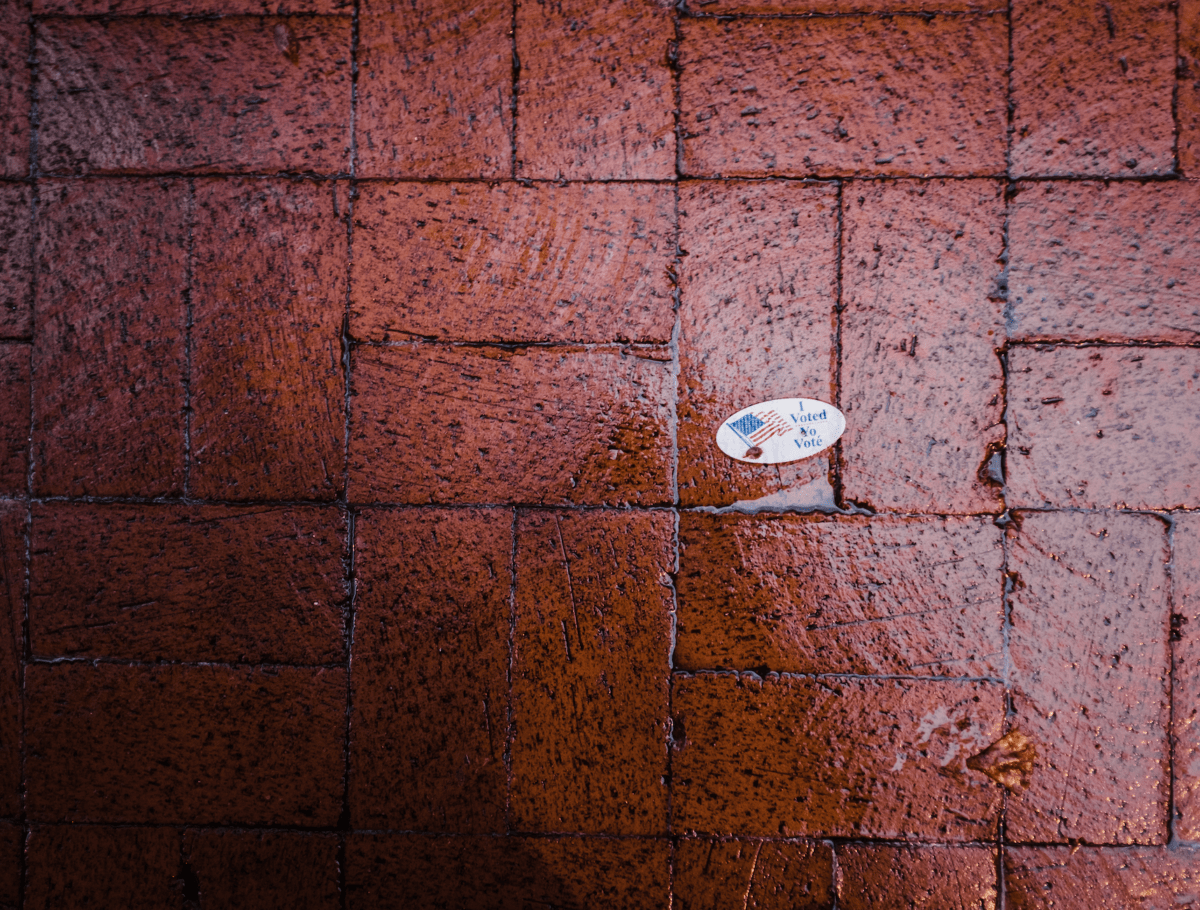
Prison-based gerrymandering takes political power away from Black and Latinx communities—power that could be used to push for more funding for schools, social services, infrastructure, and other important reforms.
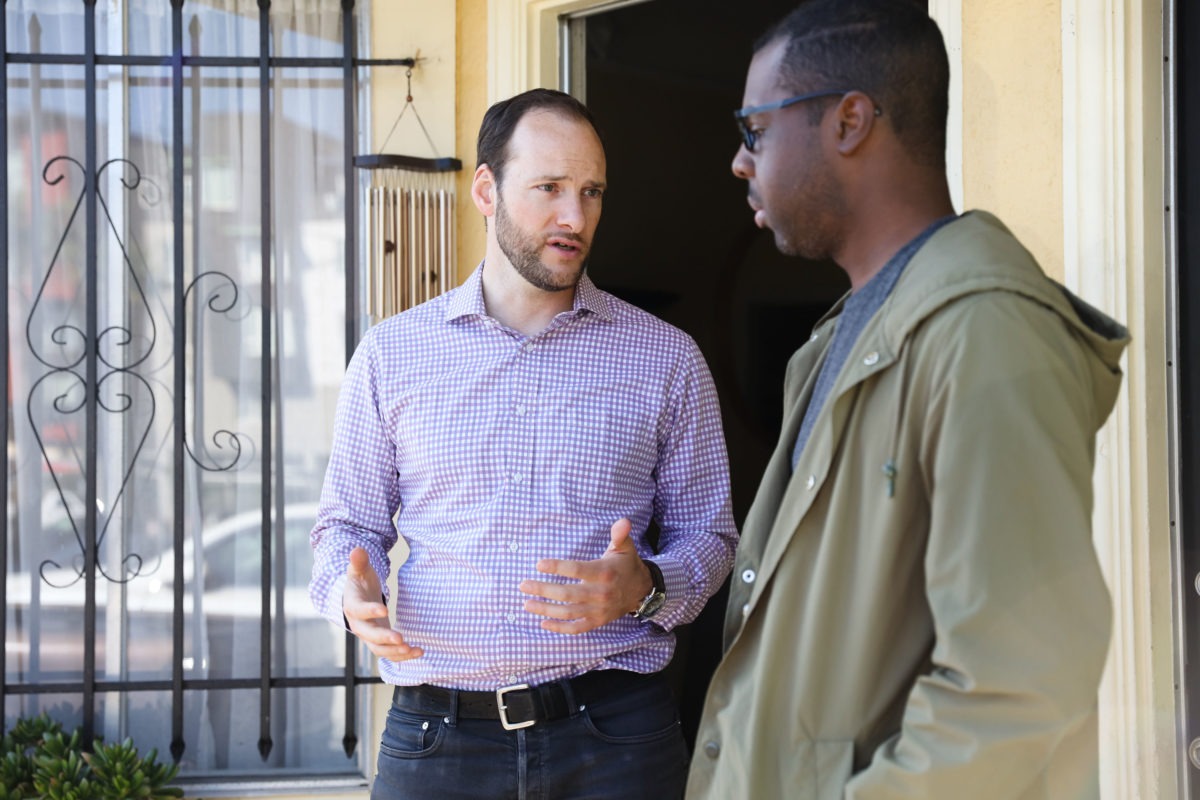
As a candidate, Chesa Boudin condemned gang enhancements as racist. Now as DA he plans to significantly limit, if not eliminate, their use.
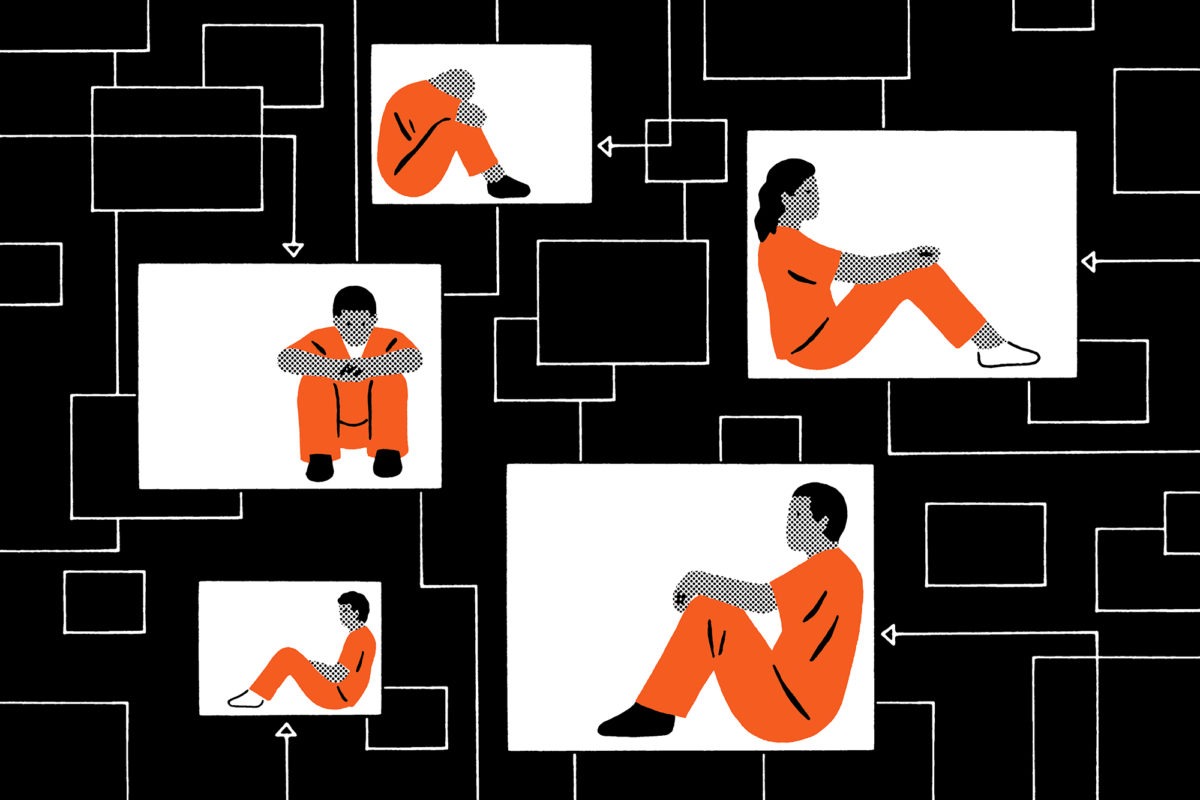
With special guest host Leo Beletsky, a professor of Law and Health Sciences at Northeastern University, and criminal justice reform advocate Morgan Godvin.
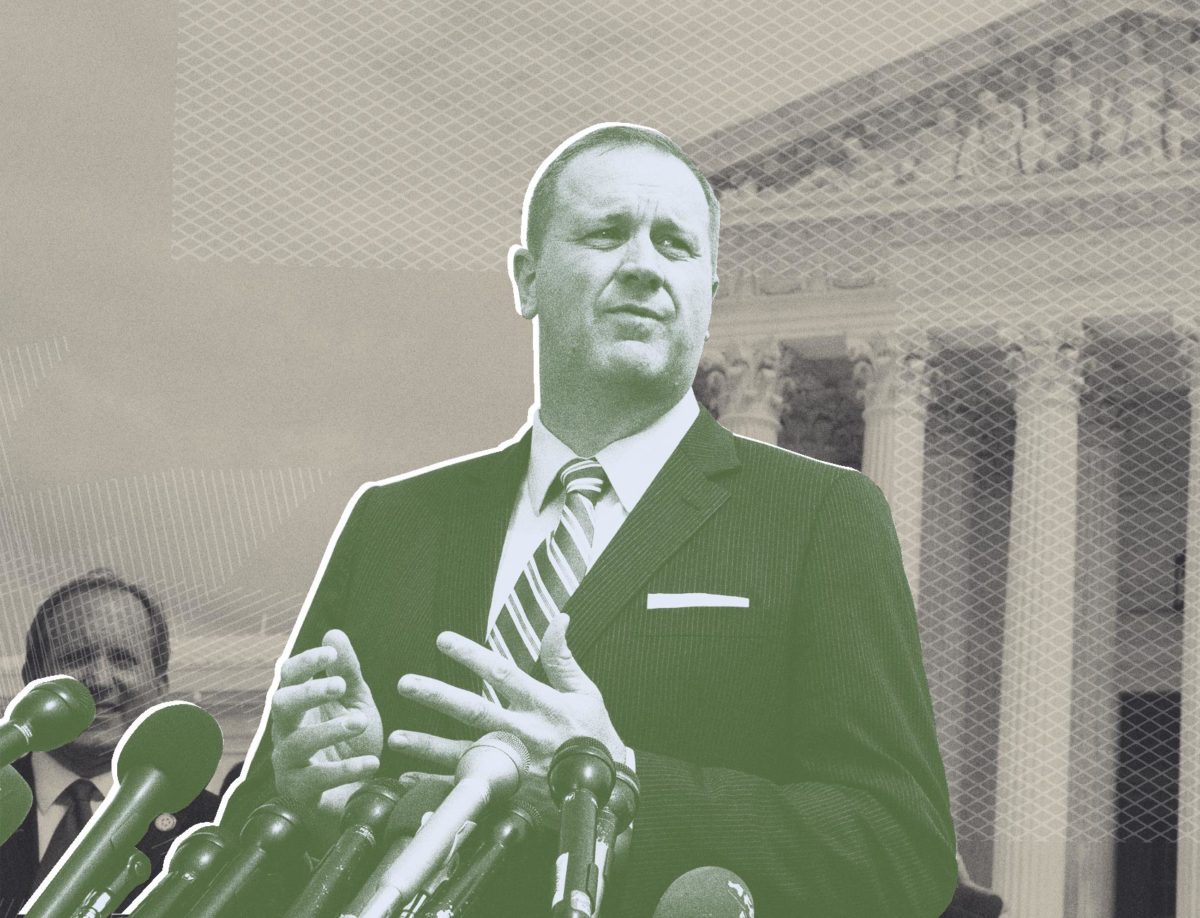
Eric Schmitt should follow the lead of a Pennsylvania prosecutor who acknowledged that a man deserved a new trial, even when it meant reversing a murder conviction.
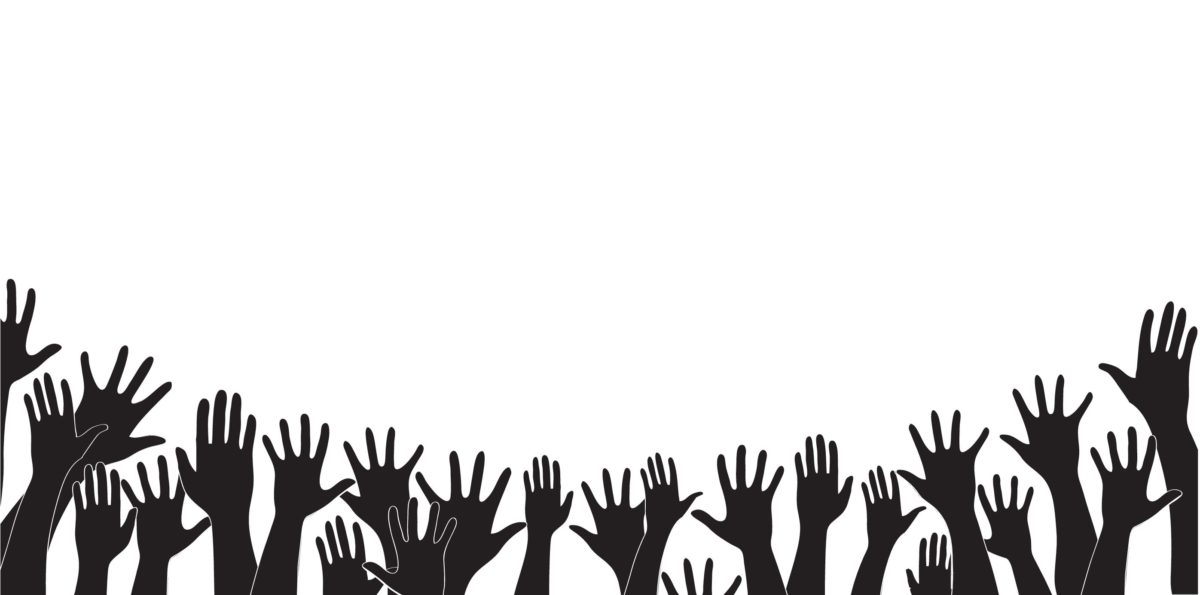
A new survey shows support across political lines for second-look legislation and sentence review by prosecutors

Nathaniel Woods, who was convicted in connection with the deaths of three Birmingham police officers in 2004, is ‘100 percent innocent,’ the man who shot the officers told The Appeal.

The authors reported that 29.4 percent of the possession cases involved Black individuals in a county where Black people make up only 8.9 percent of the population.

A culture of violence and resistance to reform in the corrections department set the stage for a recent lockdown

With Jordan Smith and Liliana Segura of The Intercept.

Leaving power with the same actors, who equate safety with mass criminalization and detention, will yield the same results.
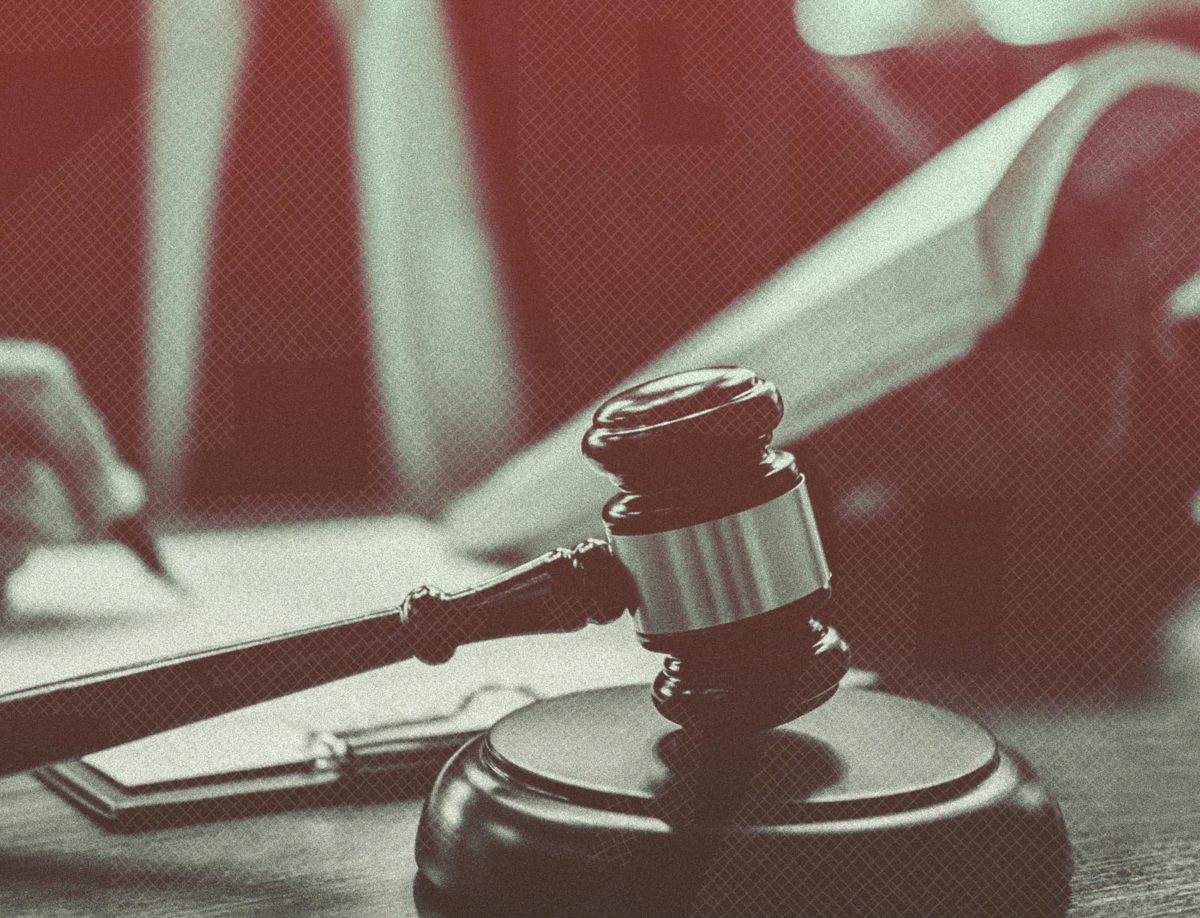
Reform advocates say the risk assessments are racially biased and are not effective at their key tasks: predicting the likelihood someone will return to court.
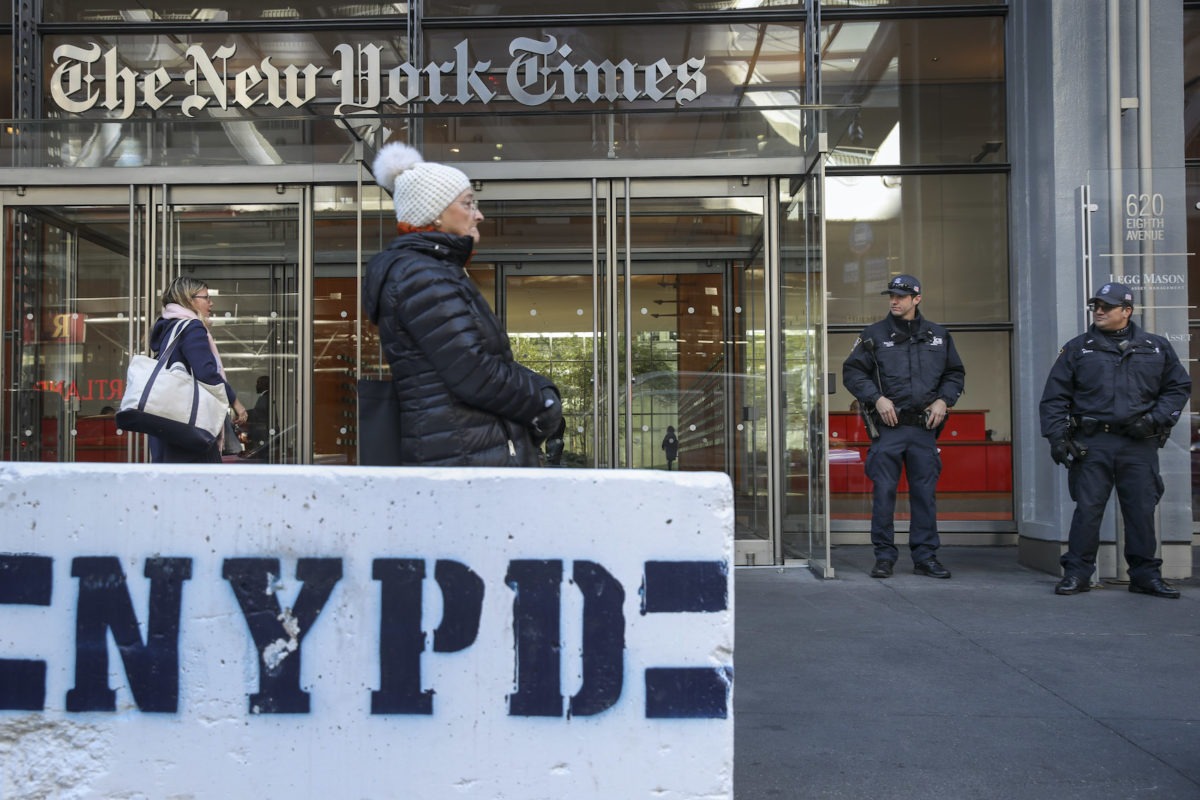
In two articles, the Times asserts a ‘spike’ in crime since the passage of bail reform in New York, an increase that the articles themselves note they can’t prove.

Around one-third of counties in the United States use the tools when making release decisions, but few monitor whether they work as intended.
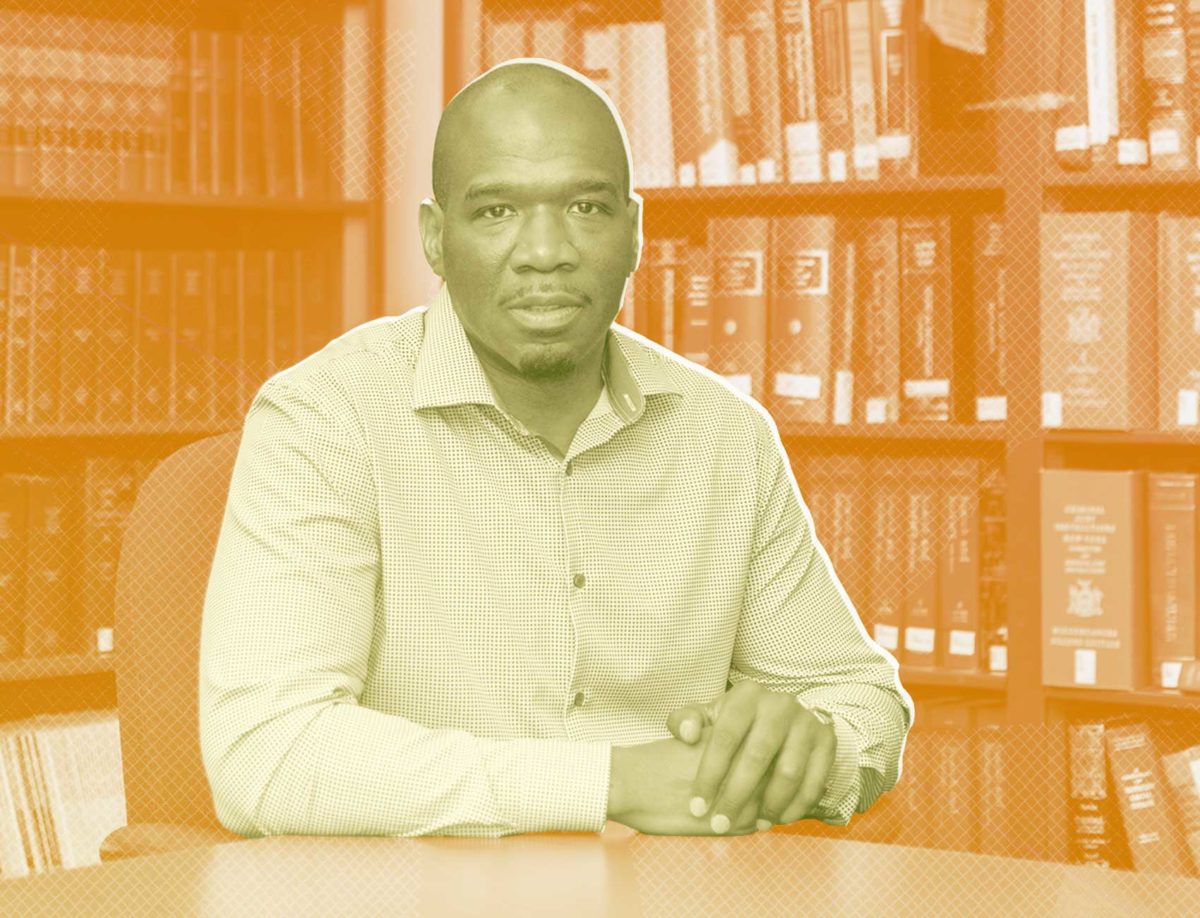
A year after Alfonzo Riley returned from prison, he’s helping to vet innocence claims.

With journalist Roxanna Asgarian.

The debate around bail reform focused predominantly on New York City’s Rikers Island, but the bigger impact may be upstate, where almost two-thirds of the state’s jail capacity is located.
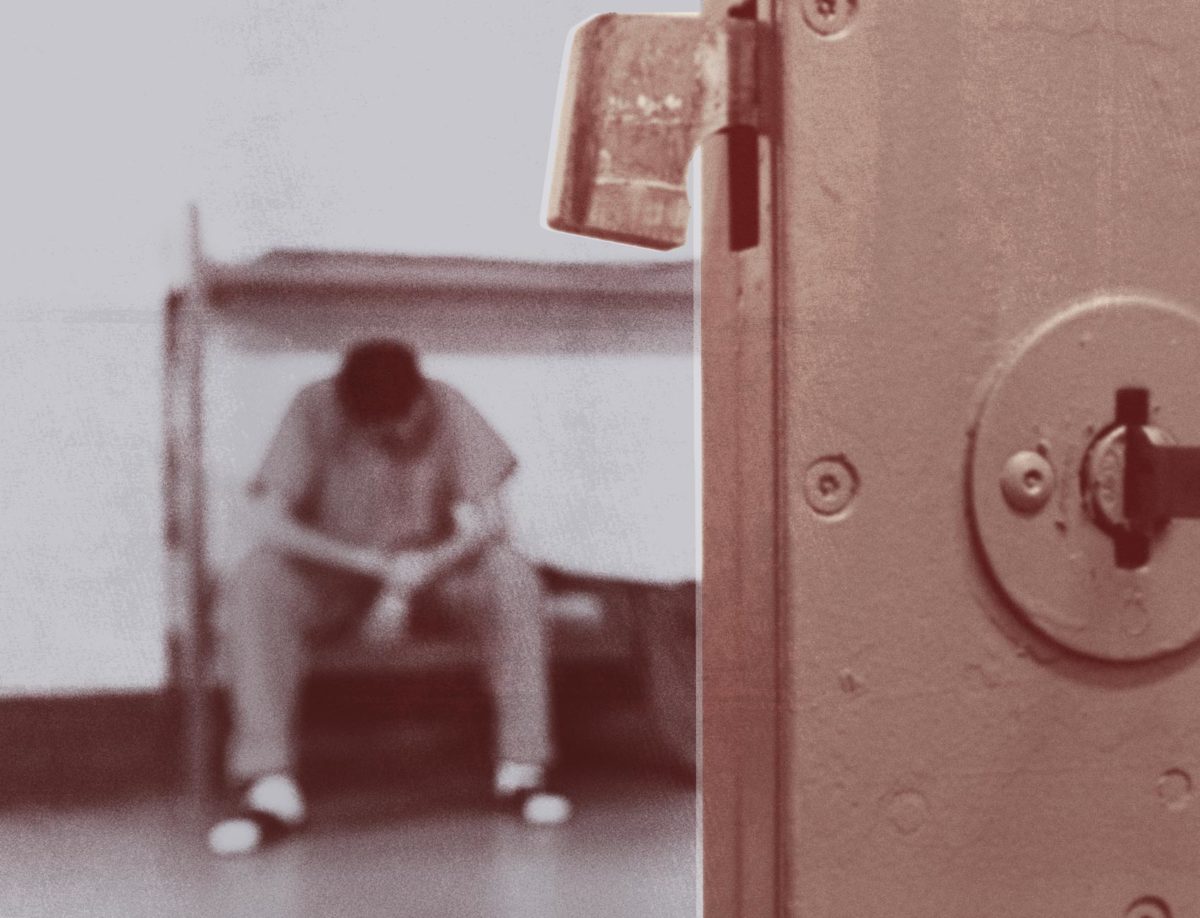
A bipartisan group has recommended substantive changes to the state’s legal justice system, including cash bail reform and proposals to divert people living with mental illnesses away from incarceration.
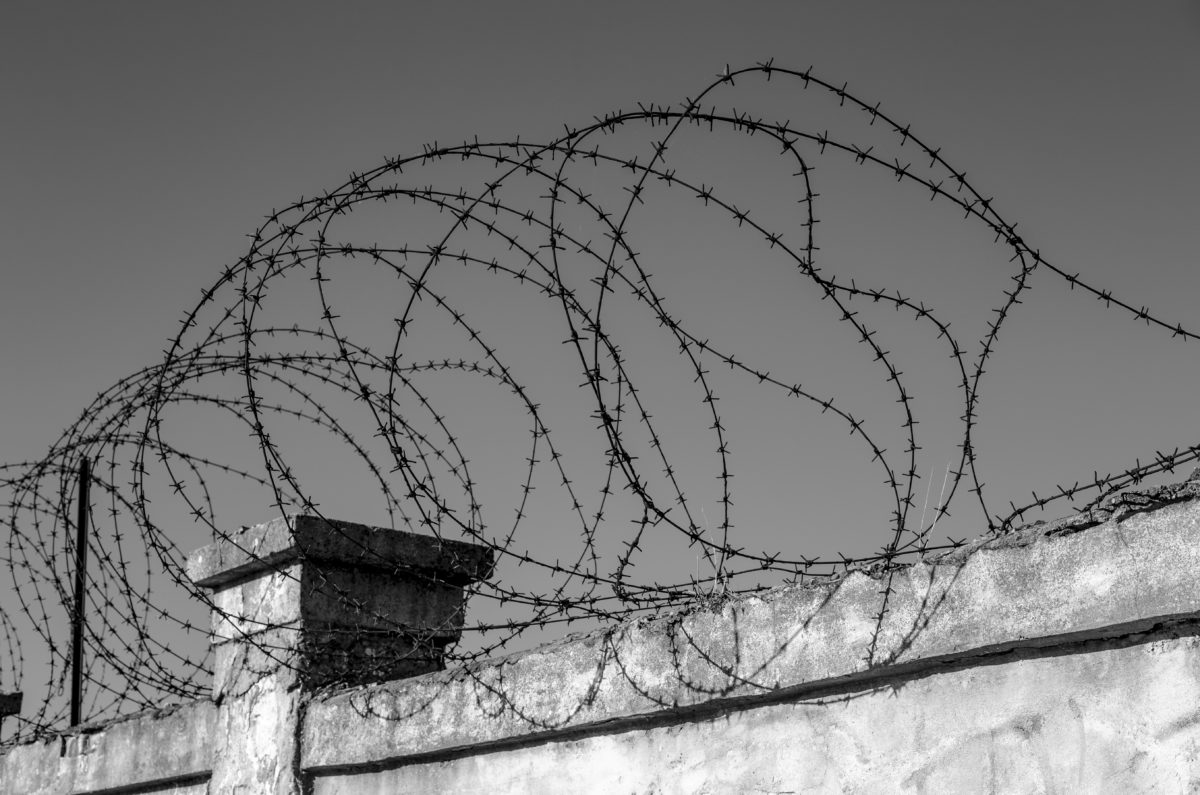
Opposition to it should lay the groundwork for opposition to the system of which it is a part.
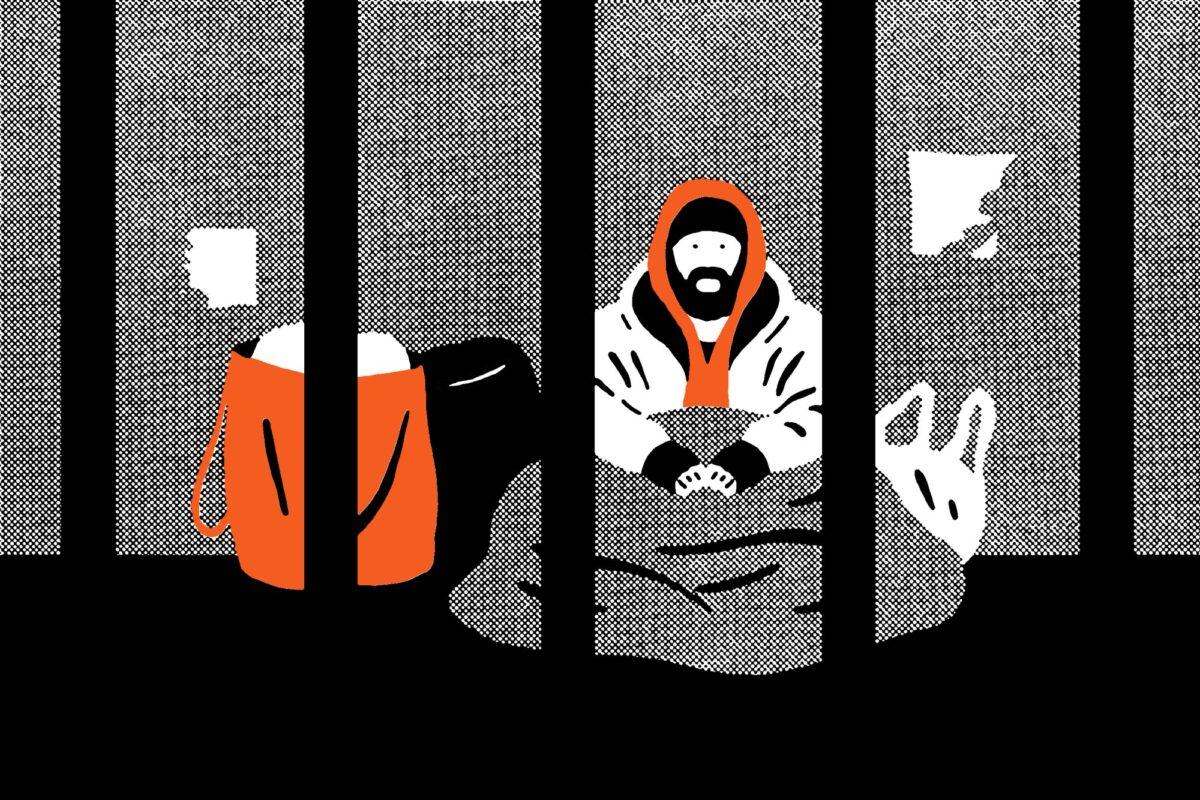
Leading with housing status for homeless people is a common trope in the news reporting business and one in urgent need of re-examining.

As a society, we can’t continue to subject hundreds of thousands of people to the trauma of incarceration before they face a jury of their peers.
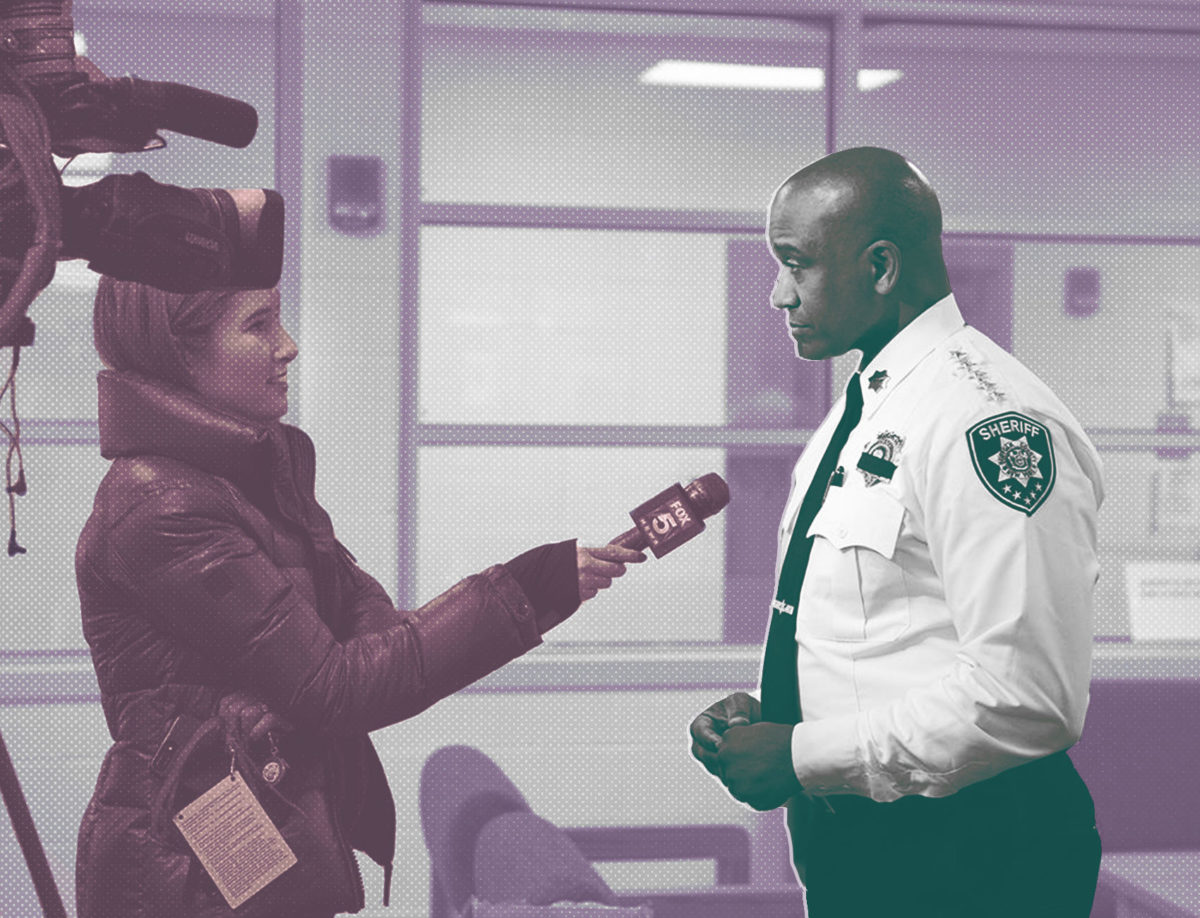
A wave of sensationalist press is not just coming from New York City, but also from county sheriff and city police departments frustrated by bail reform that they claim is ‘too broad.’

“We will prioritize family integrity and family unity at every stage of the process to the extent we can do so.”
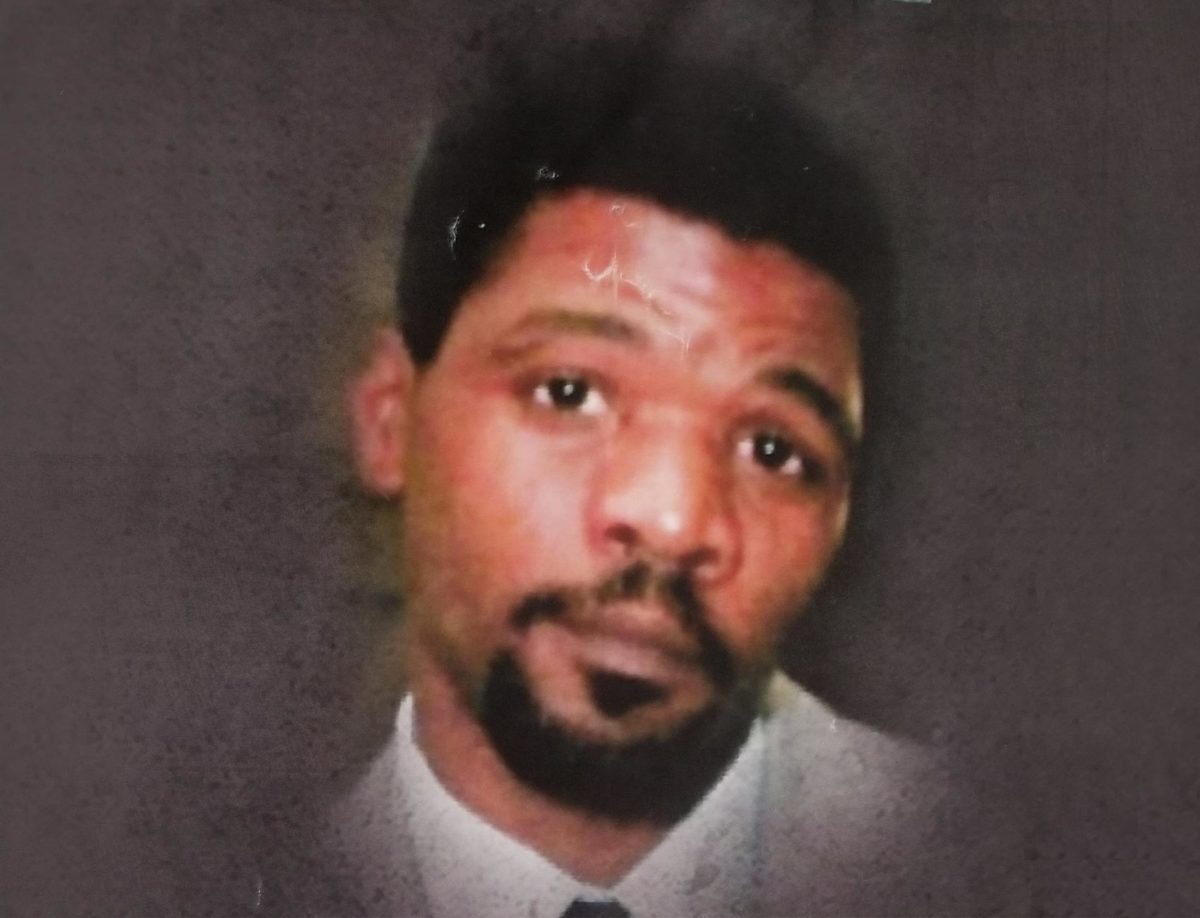
Lee’s family wants officials in Jacksonville, Arkansas, to turn over evidence that was used to convict and sentence him to death. The family says that evidence could posthumously exonerate him.

Unlike other states, Arizona offers minimal early release credits for the prisoners it sends to fight its wildfires.
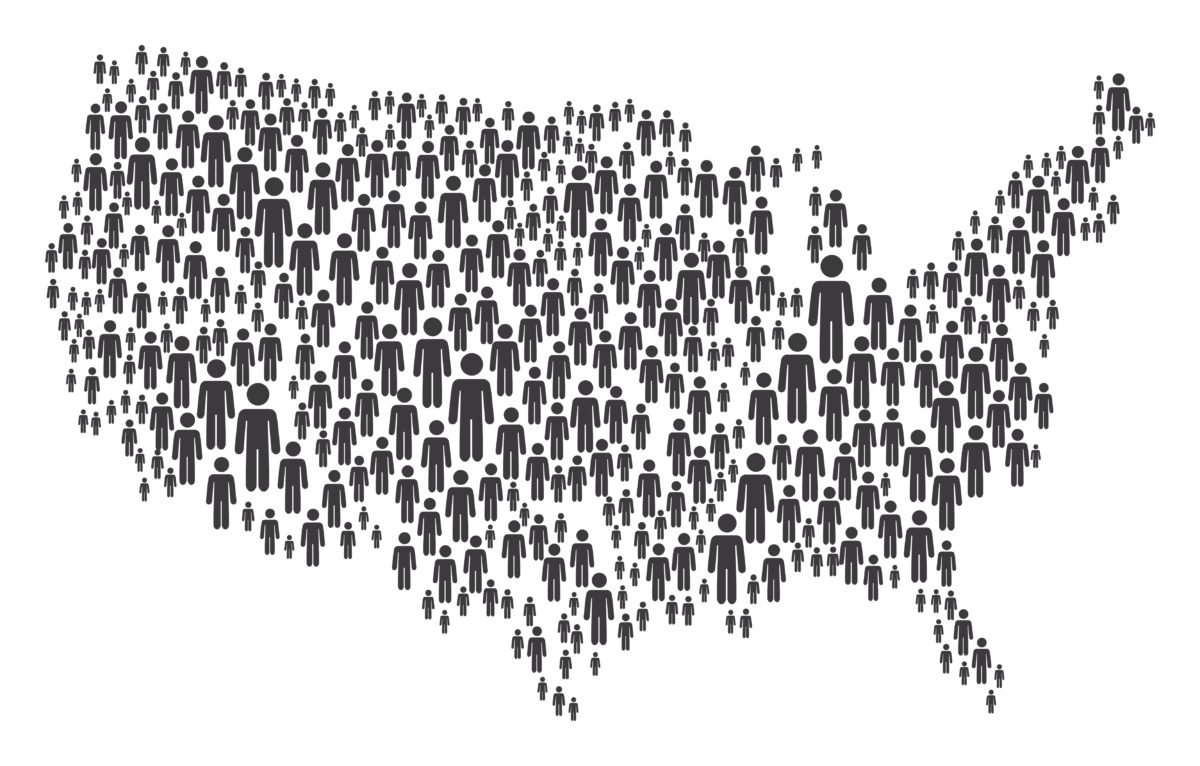
The most productive solution would be to allow prisoners and formerly incarcerated people to vote, but until that happens, the least we can do is stop giving their voting power to the towns that profit from their imprisonment.

As a form of punishment, incarceration does not enhance public safety when it is not balanced against its tendency to make a person’s unfortunate situation worse.
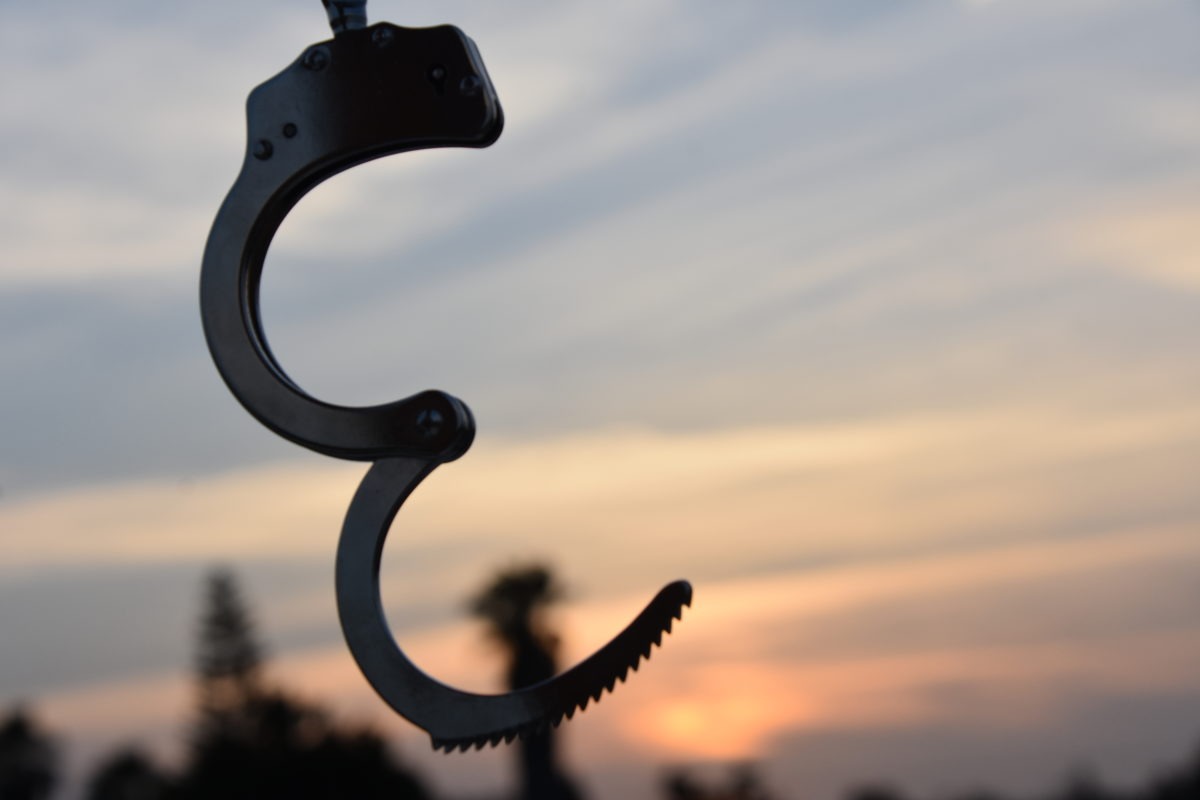
Spotlights like this one provide original commentary and analysis on pressing criminal justice issues of the day. You can read them each day in our newsletter, The Daily Appeal. Two years ago, the executive director of Just Detention International, an organization whose mission is to end sexual assault in jails and prisons, wrote in an opinion piece for […]

With Appeal contributor Zachary Siegel, a journalism fellow at Northeastern University Law School’s Health in Justice Action Lab, and Lev Facher of STAT News.
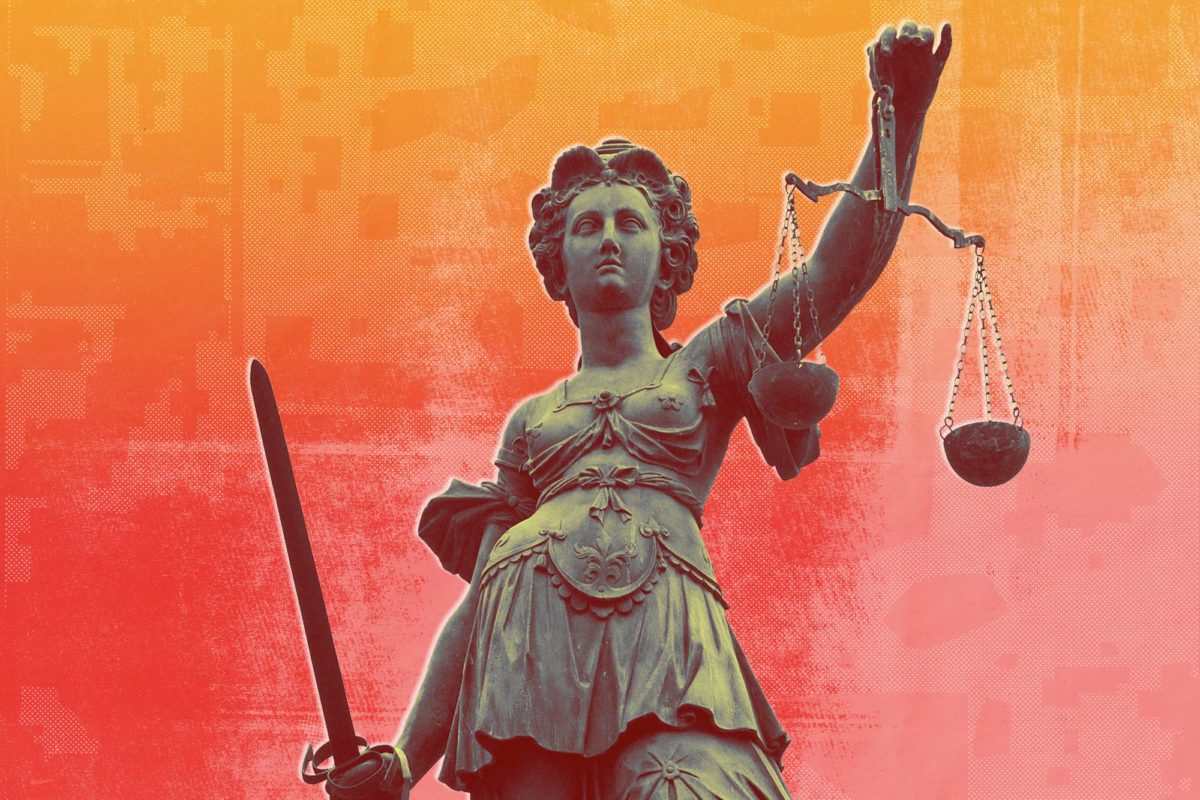
With Daniel Harawa, assistant professor at Washington University in St. Louis School of Law.